Advocacy for Bermuda’s heritage has always been a part of BNT’s mandate. This can present problems, as it has led to BNT being seen by some as the organisation that says “No”. In fact, we weigh up very carefully the merits of any objection that we make and endeavour to take a balanced view that takes into account economic and social factors in addition to natural and cultural heritage concerns.
When it comes to Planning applications, we object to only a very small fraction of those submitted. Our decision to object is guided by whether the development abides by the Bermuda Plan 2018 and/or the regulations governing listed buildings, and whether the issue is deemed of national significance.
Event lawn for Bermudiana Beach Resort returns to the Table
Plans to convert a portion of a Southland’s national park into an events lawn for the Bermudiana Beach Resort are back on the table. BNT is concerned about the Change of Use Notice for a Portion of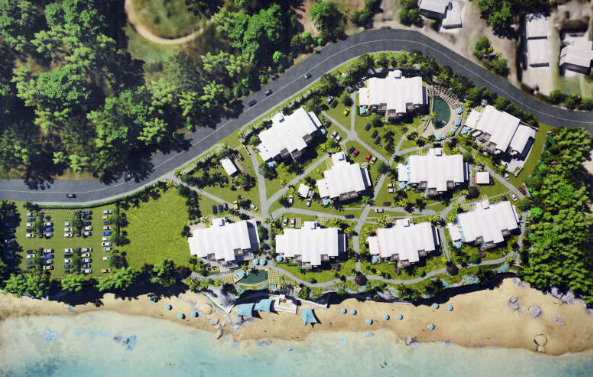 Southland Park submitted by the Department of Natural Resources in April 2024. Please see the article published in the Royal Gazette here.
Southland Park submitted by the Department of Natural Resources in April 2024. Please see the article published in the Royal Gazette here.
BNT is objecting to this development based on the following negative impact on the public parkland:
- 10,750 square feet of publicly accessible parkland will be lost and restricted to being used exclusively by the adjacent hotel and its guests.
- Clearance of the parkland will result in the loss of woodland reserve habitat and native and endemic species in the area.
- Drone photography shows a section of the parkland has been already cleared without permission and it is possible that some native and endemic flora was lost during the process.
The government is seeking Feedback from the public as required under Section 4 of the National Parks Act 1986. The public consultation period will end on May 9th, 2024. Members of the public can find the change of use proposal and the comment form via the Department of Parks’ webpage at www.gov.bm/change-use-notice-portion-southlands-park
Southampton Princess SDO (SDO0001-23)
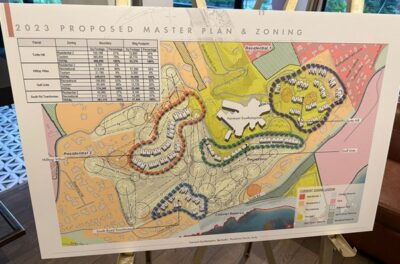
BNT remains opposed to the revised Special Development Order for the Fairmont Southampton hotel site. Taken as a whole, the changes are minimal and the plans still show massive overdevelopment. This new proposal does not go anywhere near enough to satisfy the concerns of the Bermuda National Trust, nor do we think the thousands of Bermudians who protested the original plans will be satisfied that their voices have truly been heard.
If you wish to fight this development we recommend that you:
- Write to Premier Burt (premier@gov.bm) and Minister Roban (wroban@parliament.bm). Hard copy letters should be sent to The Cabinet Office, 105 Front Street, Hamilton HM12
- Write to your MP – click here for contact details.
- Submit a formal objection to the SDO via Planning. Click here for a step by step guide on how to submit your objection to Planning.
- Click here to download a sample objection letter. We suggest you add any points you personally feel are relevant to add weight to your submission.
Recent Articles:
Royal Gazette: Fairmont SDO changes just “tokenism” – National Trust
Royal Gazette: New Images Show Scale of Fairmont Southampton Plans
Royal Gazette: Column: Best Express Concerns About SDO
Royal Gazette: Point of order, Sir John
Royal Gazette: More than ‘just a building’
Royal Gazette: Still looking for the facts
Royal Gazette: Engineer faults Fairmont Southampton SDO
Southlands National Park – Events Lawn and Public Parking
The Bermuda Housing Corporation, which owns the Bermudiana Beach Resort on South Road in Warwick, has been seeking permission to build an events lawn on woodland to the west of the resort that is part of the Southlands Park. The proposal for the events lawn and car park was rejected more than once by the National Parks Commission and the application for development was opposed by the Bermuda National Trust, the Bermuda Audubon Society and BEST.
The Development Applications Board rejected the application for the events lawn and parking lot on 5 April 2023. That refusal was appealed to the Minister of the Environment. BNT wrote to the Minister proposing that the car park should be relocated on the brownfield site to the west of the Southlands beach entrance. The application for the car park was subsequently withdrawn, but we await the minister’s decision on the events lawn. In the video below, Myles Darrell explains why we are fighting to save this valuable area of coastal woodland.
Devonshire Marsh
In March 2023, BNT submitted a joint appeal with BEST and the Bermuda Audubon Society against Planning’s decision to allow the building of three large warehouses, including five residential units, on the Island Construction site in Devonshire Marsh. Against the recommendation of an independent planning inspector, Environment Minister Walter Roban rejected our appeal and allowed the development to go ahead. You can read our media statement on the subject here.
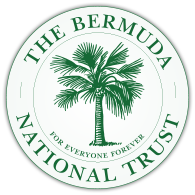
 Southland Park submitted by the Department of Natural Resources in April 2024. Please see the article published in the Royal Gazette
Southland Park submitted by the Department of Natural Resources in April 2024. Please see the article published in the Royal Gazette 
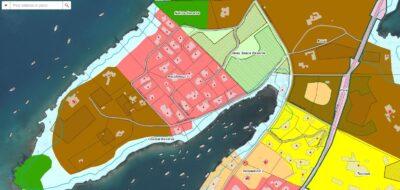 The Bermuda National Trust involves itself in the planning process because we believe that it is easier to prevent environmental damage than correct it. Every new development or redevelopment must submit an application to the Planning Department as required by the Planning Act 1974. These submissions must adhere to the requirements of
The Bermuda National Trust involves itself in the planning process because we believe that it is easier to prevent environmental damage than correct it. Every new development or redevelopment must submit an application to the Planning Department as required by the Planning Act 1974. These submissions must adhere to the requirements of 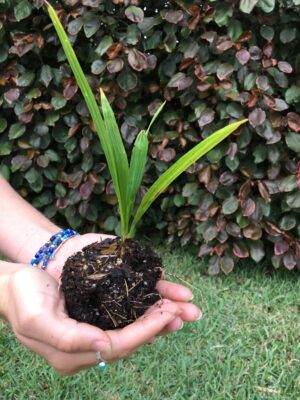 The special report,
The special report, 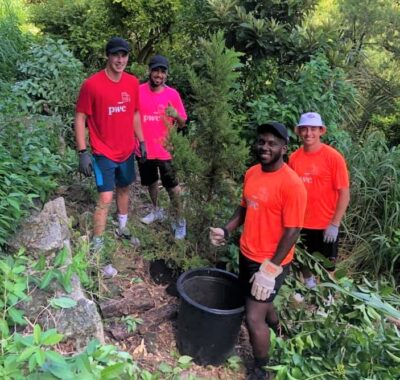 Plant a Commemorative Tree – A Living Tribute: We provide opportunities for planting trees to commemorate an event or in memory of a specific person. This is a unique and green gift that has lasting impact. Please contact our
Plant a Commemorative Tree – A Living Tribute: We provide opportunities for planting trees to commemorate an event or in memory of a specific person. This is a unique and green gift that has lasting impact. Please contact our 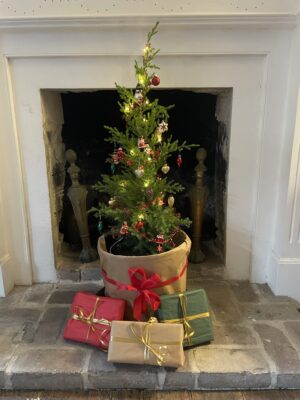 Every year, thousands of Christmas trees are imported to Bermuda and then thrown away after the holidays. We wanted to make this holiday tradition more sustainable and help fight climate change by renting out 100 small potted Bermuda Cedar during the holiday season.
Every year, thousands of Christmas trees are imported to Bermuda and then thrown away after the holidays. We wanted to make this holiday tradition more sustainable and help fight climate change by renting out 100 small potted Bermuda Cedar during the holiday season.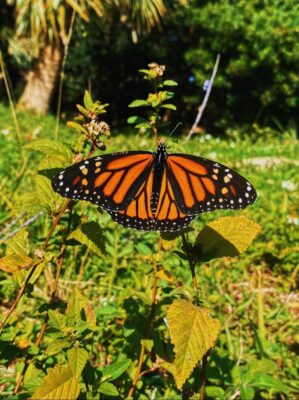 As a remote oceanic island, Bermuda had a unique composition of flora and fauna prior to being settled in 1612. Since then, a steady increase of the human population, with attendant development, and the arrival of predators and competitors, have changed the island forever. A myriad of newcomers arrived, some intentionally brought here and some as accidental imports. The original primary forest has shifted to a secondary forest dominated by invasive species. At the same time, over-exploitation has decimated species on land and water.
As a remote oceanic island, Bermuda had a unique composition of flora and fauna prior to being settled in 1612. Since then, a steady increase of the human population, with attendant development, and the arrival of predators and competitors, have changed the island forever. A myriad of newcomers arrived, some intentionally brought here and some as accidental imports. The original primary forest has shifted to a secondary forest dominated by invasive species. At the same time, over-exploitation has decimated species on land and water.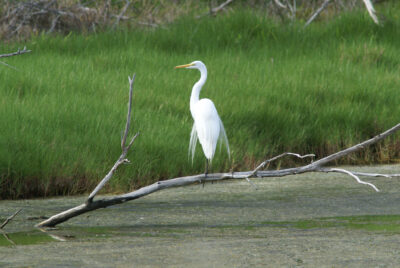 Open space is essential for the environmental and social health of Bermuda. It is a key part of the Trust’s mission to conserve precious open spaces for future generations of Bermudians.
Open space is essential for the environmental and social health of Bermuda. It is a key part of the Trust’s mission to conserve precious open spaces for future generations of Bermudians.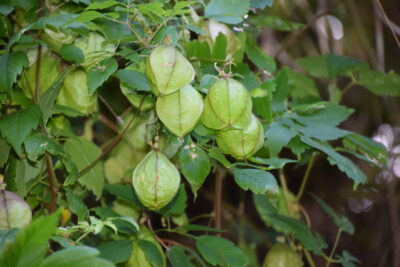 Invasive species are introduced organisms that are not native to Bermuda and that are changing or have altered the island’s environment in a negative way. Prime examples are Balloon Vine (pictured on the left), Brazil Pepper, Kiskadees, Sparrows, Oyster Shell Scale and Lionfish. Some of them have been introduced accidently (rats), others were brought in as pest control (Kiskadees, Sparrows, Marine Toads), as erosion control (Casuarina), as pets (Red-eared Slider Terrapin) or as ornamental garden plants (Morning Glory, Umbrella Tree).
Invasive species are introduced organisms that are not native to Bermuda and that are changing or have altered the island’s environment in a negative way. Prime examples are Balloon Vine (pictured on the left), Brazil Pepper, Kiskadees, Sparrows, Oyster Shell Scale and Lionfish. Some of them have been introduced accidently (rats), others were brought in as pest control (Kiskadees, Sparrows, Marine Toads), as erosion control (Casuarina), as pets (Red-eared Slider Terrapin) or as ornamental garden plants (Morning Glory, Umbrella Tree).